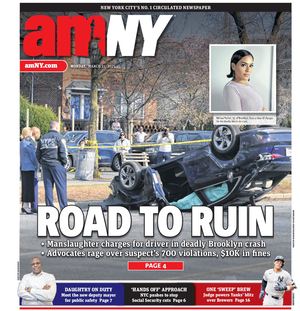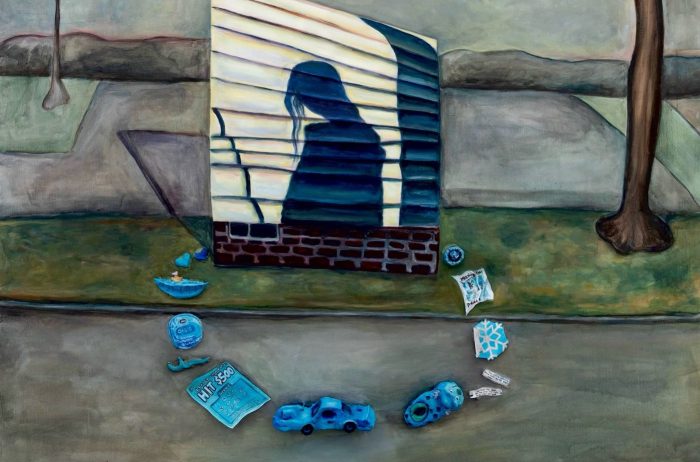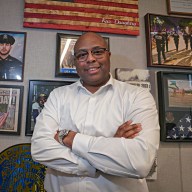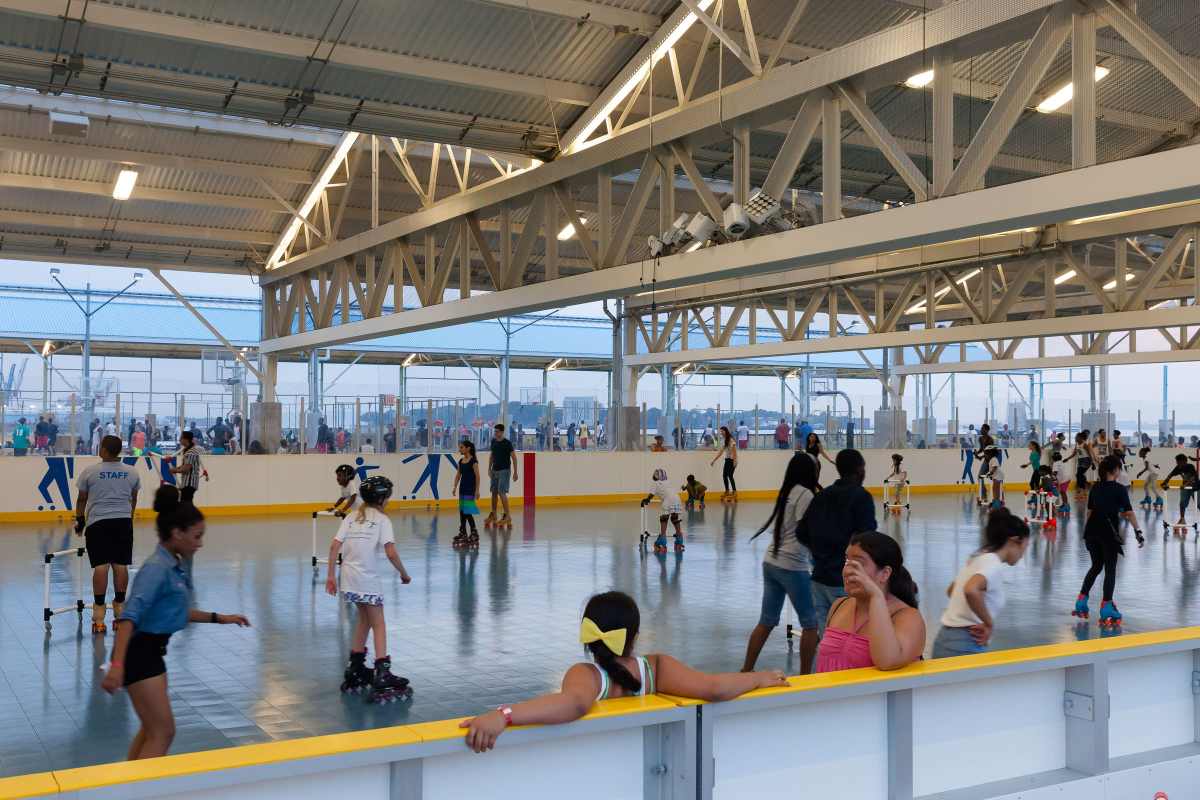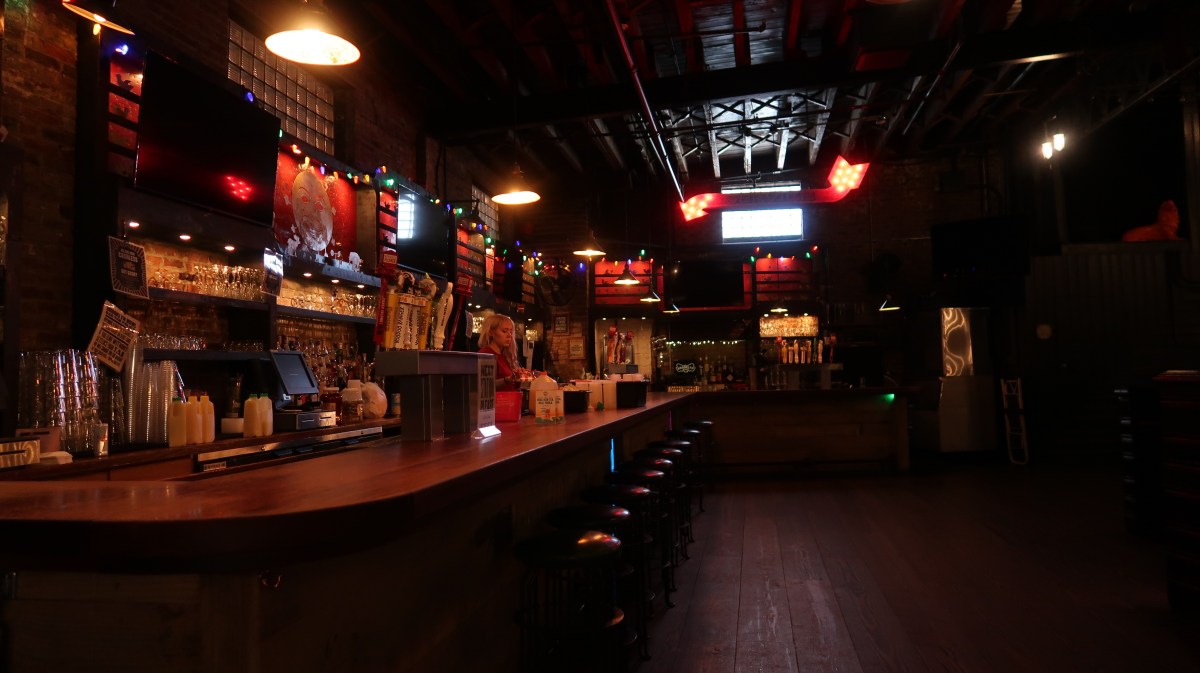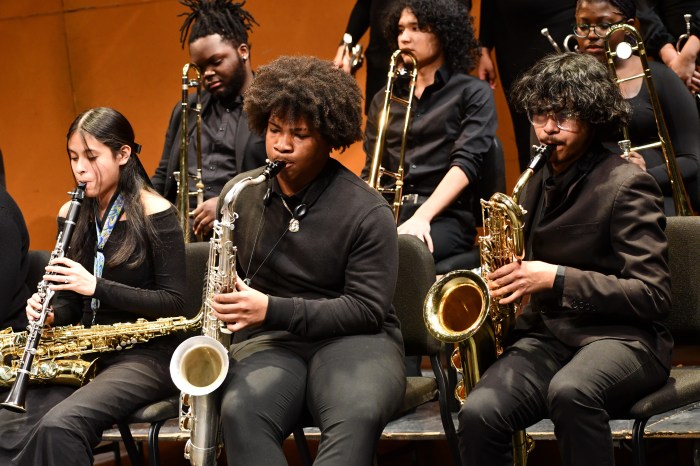
What started as a coalition of political activist groups within the New York City Pride March has evolved into a contingent planning its own event this year.
Fed up with what they say has been a lack of community input, over-policing by the NYPD and a commercialization of the Pride March, the Reclaim Pride Coalition has set out to redefine how the city commemorates the anniversary of the 1969 Stonewall riots.
The Queer Liberation March will take place in Manhattan on June 30 – the same day as the annual Pride March, which is organized by Heritage of Pride.
In response, a spokesman for Heritage of Pride said the organization is looking forward to a “historic year for New York,” but declined to specifically address Reclaim Pride Coalition’s plans.
“There will be hundreds of Pride events in NYC that will create spaces for the millions of people expected to come to New York for the first WorldPride in the [United States],” spokesman James Fallarino said. “All Pride events in NYC will benefit when the eyes of the world are on our city, and that’s one of the reasons why we are so excited to bring WorldPride here to the birthplace of Pride this year.”
June 28 will mark the 50th anniversary of the Stonewall uprising, when LGBTQ patrons of the Stonewall Inn in Greenwich Village clashed with police who had been increasingly raiding the bar and making arrests related to New York’s sodomy laws. The riot touched off six days of demonstrations around the Stonewall Inn and is considered the cornerstone of what has become the modern-day LGBTQ rights movement.
In addition to marking the 50th anniversary of the uprising this year, the city was also selected for the first time to host the WorldPride festival – the combination of which is expected to draw a record 3 million spectators.
In 2018, Heritage of Pride and the NYPD introduced a new, shorter route that they said would ease congestion and speed up wait times for the hundreds of groups that participate in the march. But the lack of community input in crafting the route became a major sticking point for an already disillusioned Reclaim Pride Coalition, which marched in 2017 and 2018 as a Trump administration resistance contingent and has since grown to include over 50 LGBTQ organizations.
The group issued a list of demands to march organizers last year – changes to the route and NYPD enforcement, among them – almost none of which were met by Heritage of Pride.
Members of Reclaim Pride said they met with Heritage of Pride members several times over the last year in an attempt to resolve the issues, but they were “rebuffed.”
Despite the pushback, the Pride March is expected to follow the same route again in June, which starts at Seventh Avenue and 16th Street and passes by the Stonewall Inn before moving uptown on Fifth Avenue. Organizers are waiting for formal approval of their permit application.
Reclaim Pride, meanwhile, submitted its own permit application for a march that would start at the Stonewall Inn and travel north on Sixth Avenue to Central Park, culminating with a rally on the Great Lawn. The route mimics the first Christopher Street Liberation Day march held in 1970, the group said.
“Eschewing the corporate-saturated, highly policed nature of recent parades, the [Queer Liberation March] is a truly grassroots action that mobilizes the community to address the many social and political battles that continue to be fought locally, nationally, and globally,” Reclaim Pride said in a recent news release.
Terry Roethlein, an organizer with Reclaim Pride, said the group is in talks with the NYPD about the permit as well as with the city Department of Parks and Recreation regarding the Central Park rally, though neither have been officially approved yet.
The breakaway march has gained some support within the LGBTQ community and other neighborhood groups, including Housing Works, which signed on as a fiscal sponsor.
